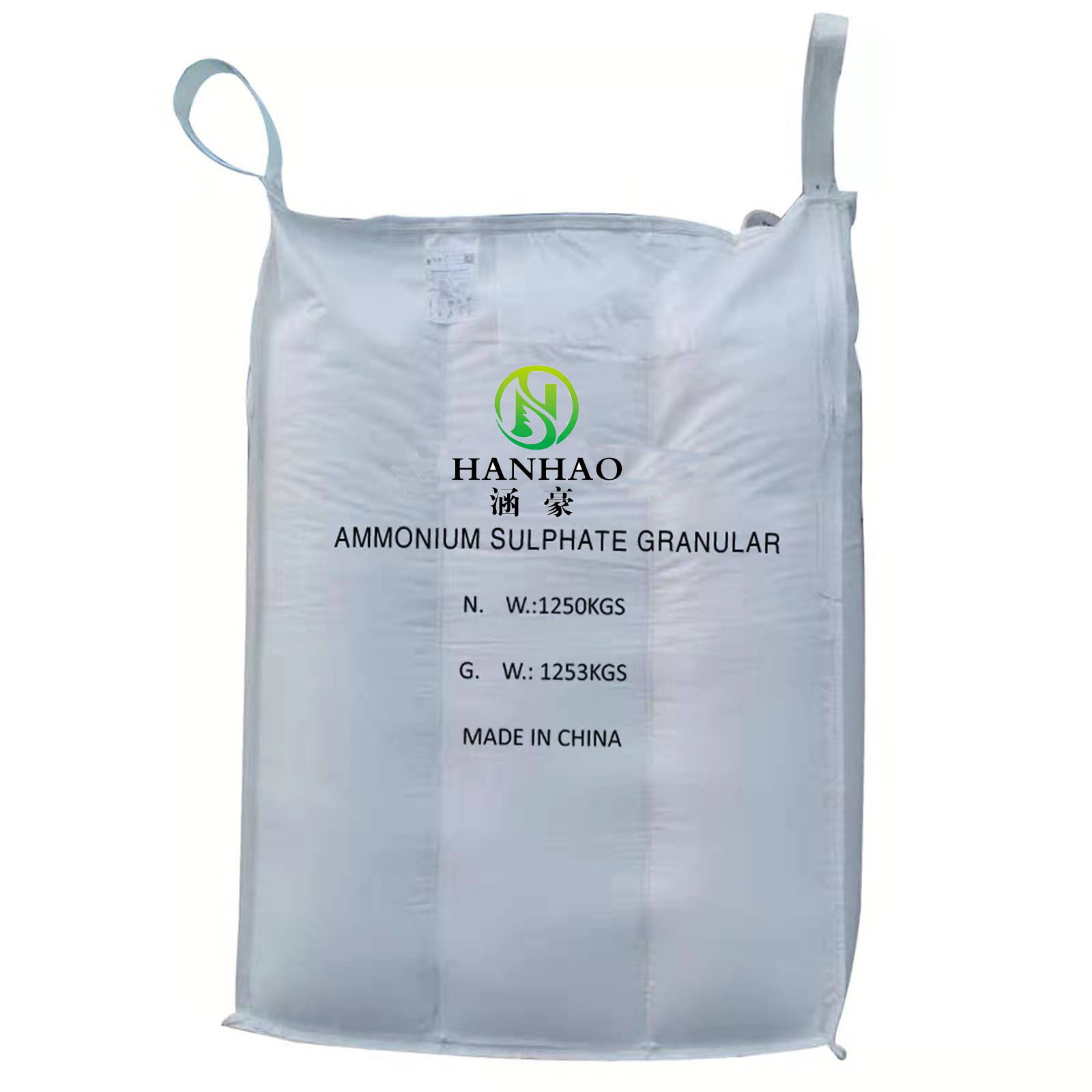
Oct . 01, 2024 07:06 Back to list
Top Organic Fertilizers for Corn Growth from Leading Manufacturers
Organic Fertilizer for Corn An Eco-Friendly Approach to Enhance Yield and Soil Health
As the world increasingly turns toward sustainable agricultural practices, the demand for organic fertilizers has surged, particularly for staple crops like corn. Organic fertilizers offer a rich source of nutrients while promoting soil health, reducing environmental impact, and ultimately enhancing crop yields. This article explores the significance of organic fertilizers for corn, highlights the benefits they provide, and discusses how manufacturers are stepping up to meet this growing demand.
The Importance of Organic Fertilizers
Corn is one of the most widely grown crops globally, serving as a crucial source of food, feed, and biofuel. However, traditional farming practices often rely on synthetic fertilizers, which can lead to soil degradation, water pollution, and a host of environmental problems. Organic fertilizers, derived from natural sources, present a sustainable alternative that can help farmers grow healthier crops while maintaining the ecosystem.
Organic fertilizers are composed of plant or animal matter, such as compost, manure, and green manure. These materials not only provide essential nutrients such as nitrogen, phosphorus, and potassium but also contribute organic matter to the soil. This organic matter enhances soil structure, improves water retention, and fosters a vibrant microbial community, all of which are vital for corn cultivation.
Benefits of Organic Fertilizers for Corn
1. Enhanced Soil Health One of the most significant advantages of using organic fertilizers is the improvement of soil health. Organic matter from these fertilizers increases soil fertility, boosts its water-holding capacity, and encourages biodiversity in the soil. Healthy soil is essential for supporting robust corn growth and maximizing yields.
2. Nutrient Release Organic fertilizers often release nutrients more slowly than their synthetic counterparts, which helps to minimize nutrient runoff and ensures that corn plants receive a steady supply of essential nutrients throughout their growth cycle. This gradual nutrient release supports sustained growth and contributes to higher yields.
3. Environmental Sustainability By using organic fertilizers, farmers reduce their reliance on synthetic chemicals, which can be harmful to the environment. Organic farming practices help preserve biodiversity, protect water sources from contamination, and reduce greenhouse gas emissions.
organic fertilizer for corn manufacturer

4. Improved Crop Quality Corn fertilized with organic fertilizers typically shows improved quality, including better taste, texture, and nutritional value. Consumers are increasingly seeking organic produce, which can yield higher market prices for farmers employing sustainable practices.
5. Reduced Soil Erosion Organic fertilizers promote a healthier soil ecosystem, reducing the risk of soil erosion. This is particularly important for corn, as healthy soil is critical for maintaining crop yields and preventing the degradation of farmland.
The Role of Manufacturers
As the demand for organic fertilizers grows, manufacturers are developing innovative products tailored specifically for corn cultivation. These products are designed to meet the nutritional needs of corn at different growth stages and are formulated to enhance soil health and improve crop resilience to environmental stresses.
Manufacturers are also leveraging technology to create fertilizers that deliver a precise balance of nutrients. This level of customization allows farmers to optimize their input costs while ensuring that their corn plants receive the necessary nutrients for healthy growth.
Moreover, many manufacturers are focusing on sustainable sourcing methods to align with the ethos of organic farming. By sourcing raw materials responsibly and ensuring environmentally friendly production processes, these companies are contributing to a more sustainable agricultural landscape.
Conclusion
In conclusion, the use of organic fertilizers in corn production represents a vital step towards sustainable agriculture. With numerous benefits ranging from enhanced soil health to improved crop quality, organic fertilizers are becoming increasingly popular among farmers looking to adapt to environmental challenges. Manufacturers play a crucial role in this transition, providing innovative, eco-friendly products that not only boost corn yields but also protect the planet. As we continue to prioritize sustainability in our food systems, organic fertilizers will undoubtedly remain at the forefront of agricultural practices, promoting a healthier environment for future generations.
-
10-10-10 Organic Fertilizer - Balanced NPK Formula
NewsAug.02,2025
-
Premium Organic Manure Compost for Eco Gardens
NewsAug.01,2025
-
Organic 10-10-10 Fertilizer | Balanced Plant Nutrients
NewsJul.31,2025
-
Premium Amino Acid Fertilizer | Rapid Plant Growth Booster
NewsJul.31,2025
-
10 10 10 Fertilizer Organic—Balanced NPK for All Plants
NewsJul.30,2025
-
Premium 10 10 10 Fertilizer Organic for Balanced Plant Growth
NewsJul.29,2025
